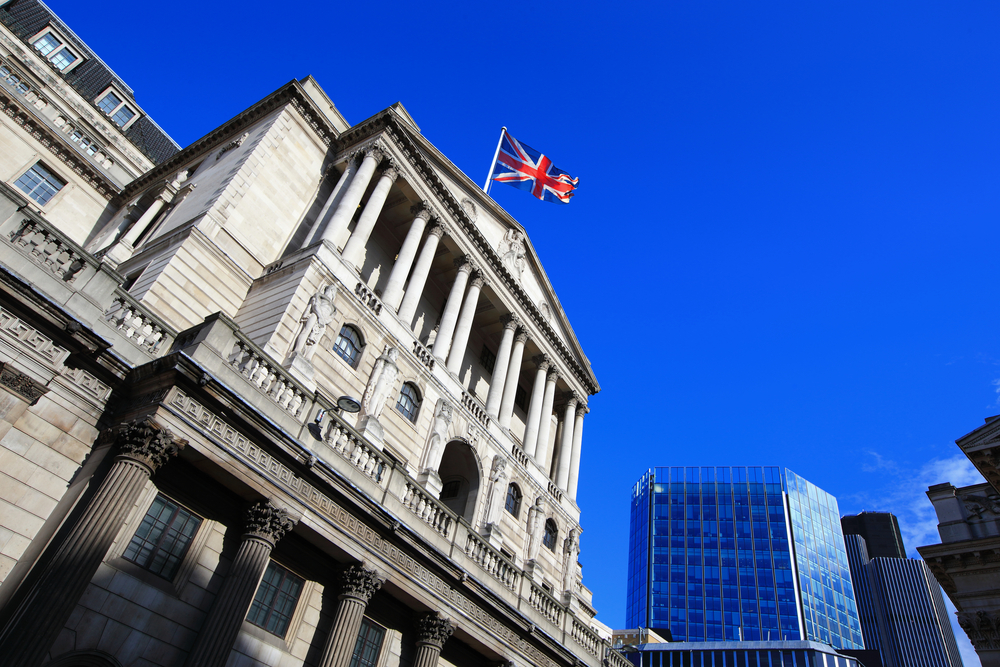The battle to attract borrowers took another shift after months of cuts, as major lenders hiked their rates on mortgages.
NatWest made its second price hike in a month and was joined by Nationwide in making increases across a range of products.
The need to secure a good rate has never been more prominent, following research this week that showed mortgage payments are set to shoot up by around £400 this year.
Further, a separate report from Perenna found a quarter of over-55s are concerned they won’t be able to afford their mortgage if they move onto the standard variable rate (SVR).
As part of the weekly ‘mortgage wars’ series, YourMoney.com takes a look at the latest price movements between rival mortgage providers.
High-street rivals remove 4% deals
Nationwide Building Society announced it is no longer offering rates below 4% following a series of rises and increased rates across two-, three-, and five-year fixes for new and existing borrowers who are purchasing or remortgaging.
Rates now start at 4.04% for a five-year fix at 60% loan to value (LTV) for new or existing borrowers moving home. This is compared to the same term having an option of 3.99%. This comes with a charge of £1,499 in product fees.
A fee-free alternative is priced slightly higher at 4.33%, whereas earlier in the month, it was 4.2%.
The mutual has also upped the rate for new home-movers at 95% LTV from 5% to 5.09% for a five-year fix with a £999 fee. The fee-free equivalent has a rate of 5.19%, up from 5.04%.
Two remortgage products were hiked, including the two-year deal at 60% LTV – a rise of 0.04% from 5.35% to 5.39%.
TSB joins NatWest and Nationwide in rate rises
According to Moneyfacts data, the average two-year fixed residential mortgage rate today is 5.69% and the average five-year fixed residential mortgage rate today is 5.27%.
Fellow high-street bank NatWest increased rates by as much as 0.21% across select mortgages for new and existing borrowers, and is also no longer offering rates below 4%.
It includes a two-year fixed purchase for new borrowers at 60% LTV, which comes with a £995 fee, and this rose from 4.49% to 4.59%. The fee-free alternative was hiked by the same amount to 4.79%.
A five-year fixed purchase product at 60% LTV with a £995 fee, is now 4.19% after a 0.2% surge.
The lender also bumped up rates on residential fixes by up to 0.2% after it withdrew exclusive residential purchase products at 65% LTV and selected professional deals.
Paragon and Clydesdale buck latest trend in the mortgage wars
Another provider to join the price hike party is TSB, which increased select residential, product transfer, and additional borrowing rates by up to 0.15%.
A two-year fixed first-time buyer and home-mover to finance 80% to 85% LTV went up by 0.1% 85 to 90% LTV have gone up by 0.1%. Further, residential five-year fixed rates up to 75% LTV increased by 0.15%.
Elsewhere, there were still some cuts present in the mortgage sector, as Clydesdale Bank reduced rates by up to 0.3% on a selection of two- and five-year fixed rates at 95% LTV.
Fixed rates for professional and newly qualified professional options will be cut by up to 0.6%, and the cuts continued on its minimum loan size for professional mortgages, which was lowered to £100,000.
Paragon Bank boasted its lowest two-year fixed rates for 18 months with reductions up to 0.35%. It included a two-year fix to entice greener homes, by introducing a 70% LTV deal for 3.94% if the property has an Energy Performance Certificate (EPC) rating of between A and C for single self-contained (SSC) properties.
The lender also slashed rates by 0.35% on two-year fixes at 75% LTV for portfolio landlords with a 3% fee. The rates start from 4.85% for green properties, 4.9% for standard properties, and 5.1% for HMO (houses in multiple occupation) and MUBs (multi-unit blocks).





